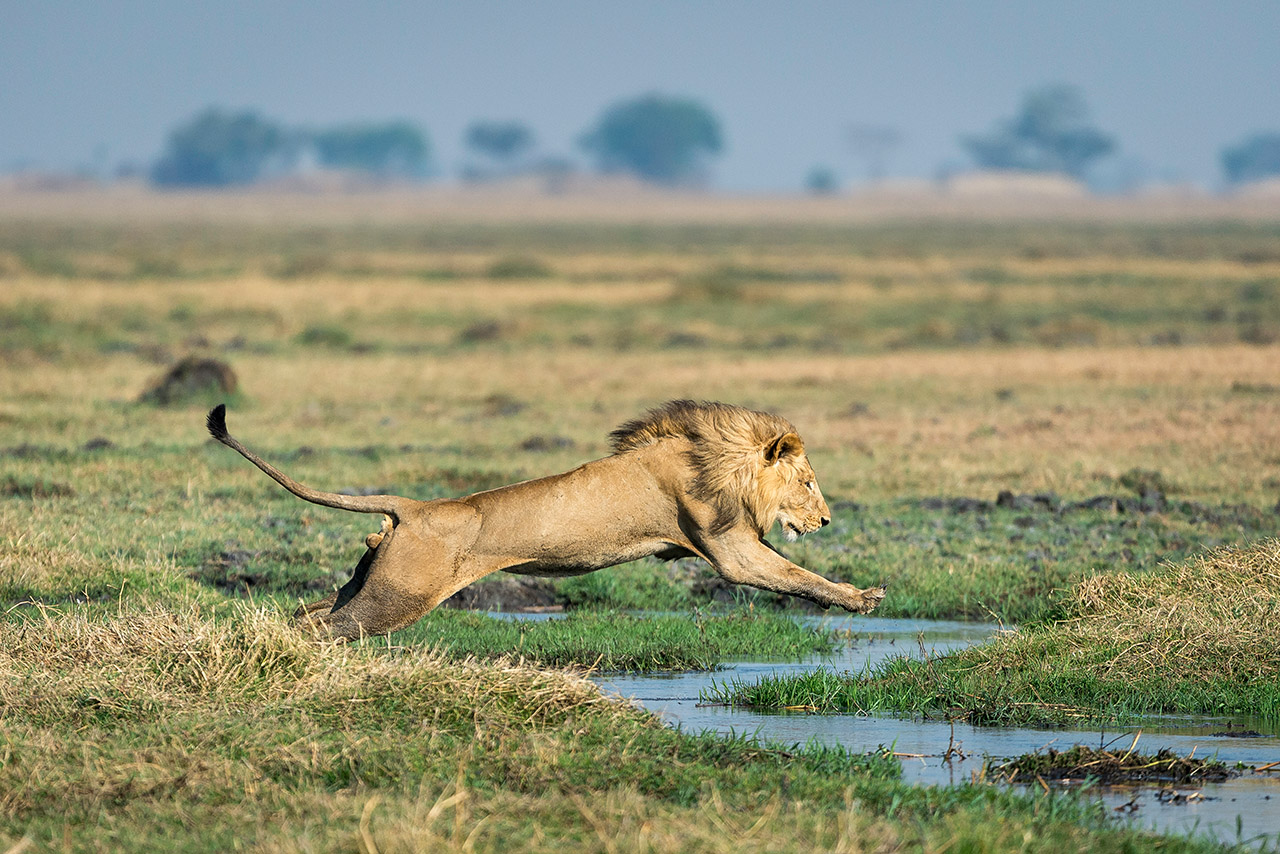
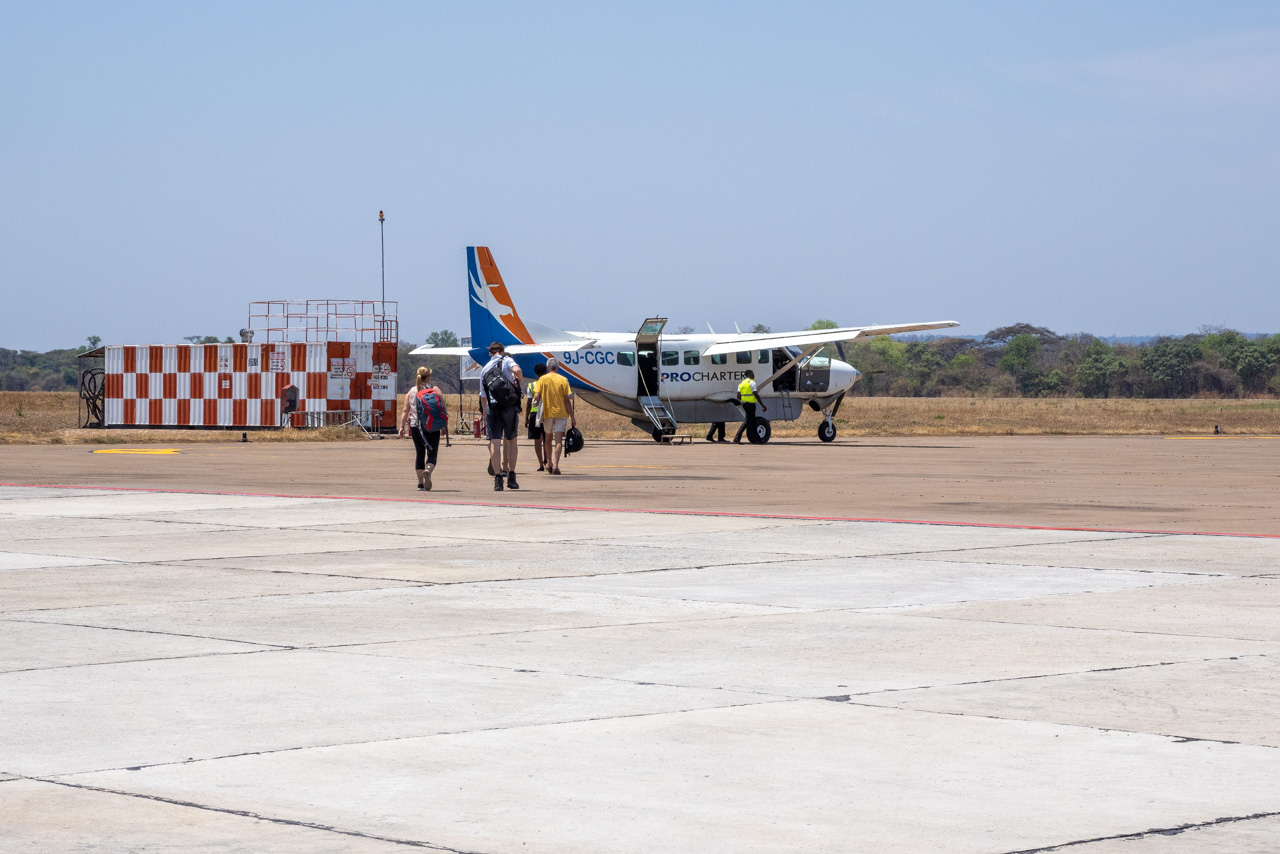

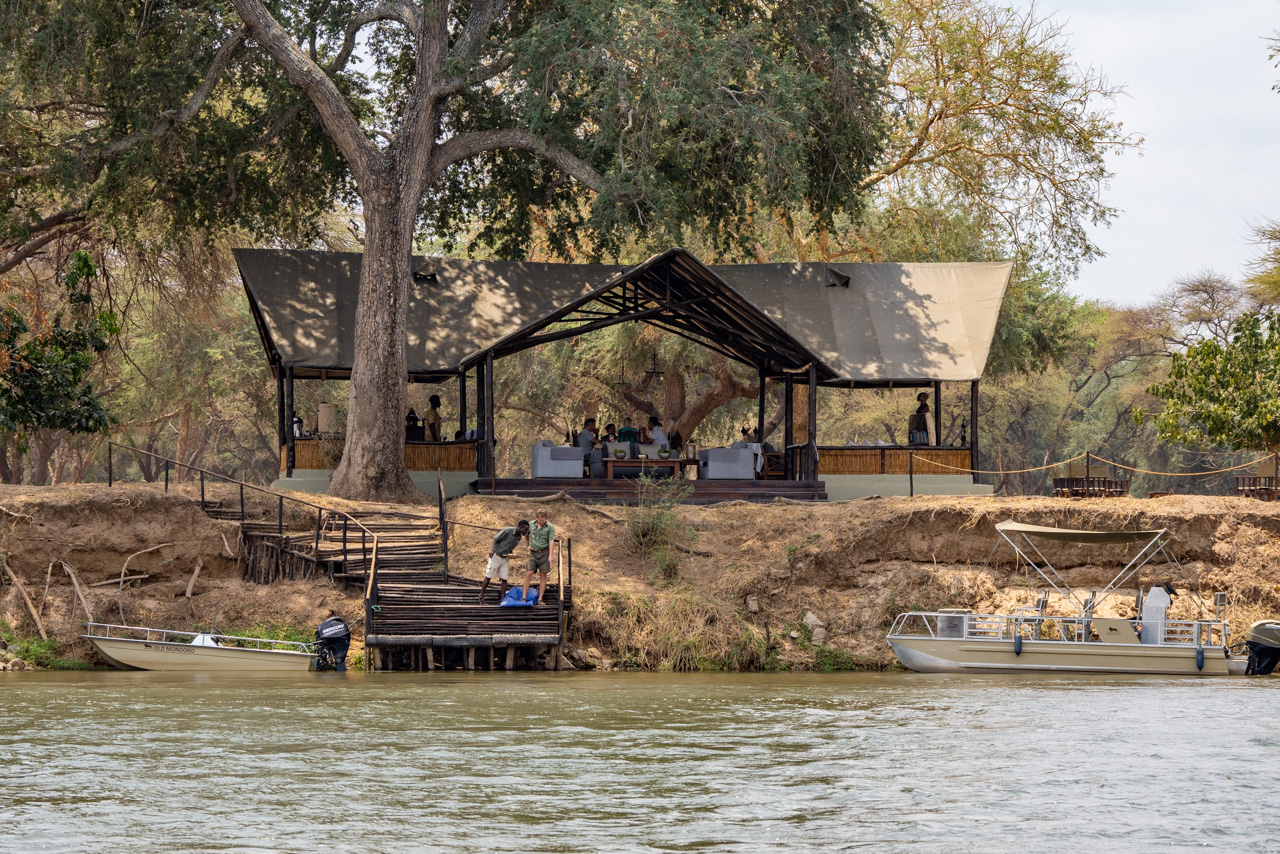
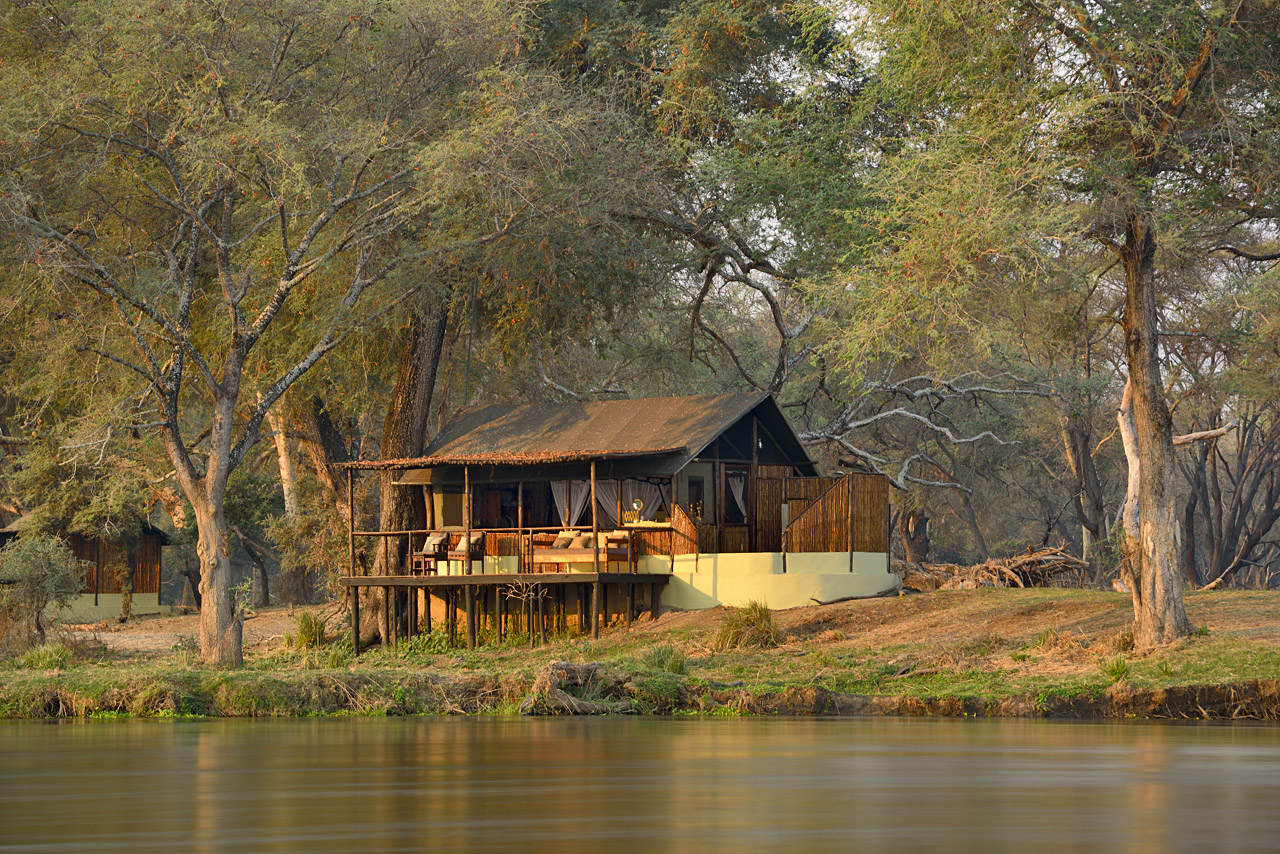
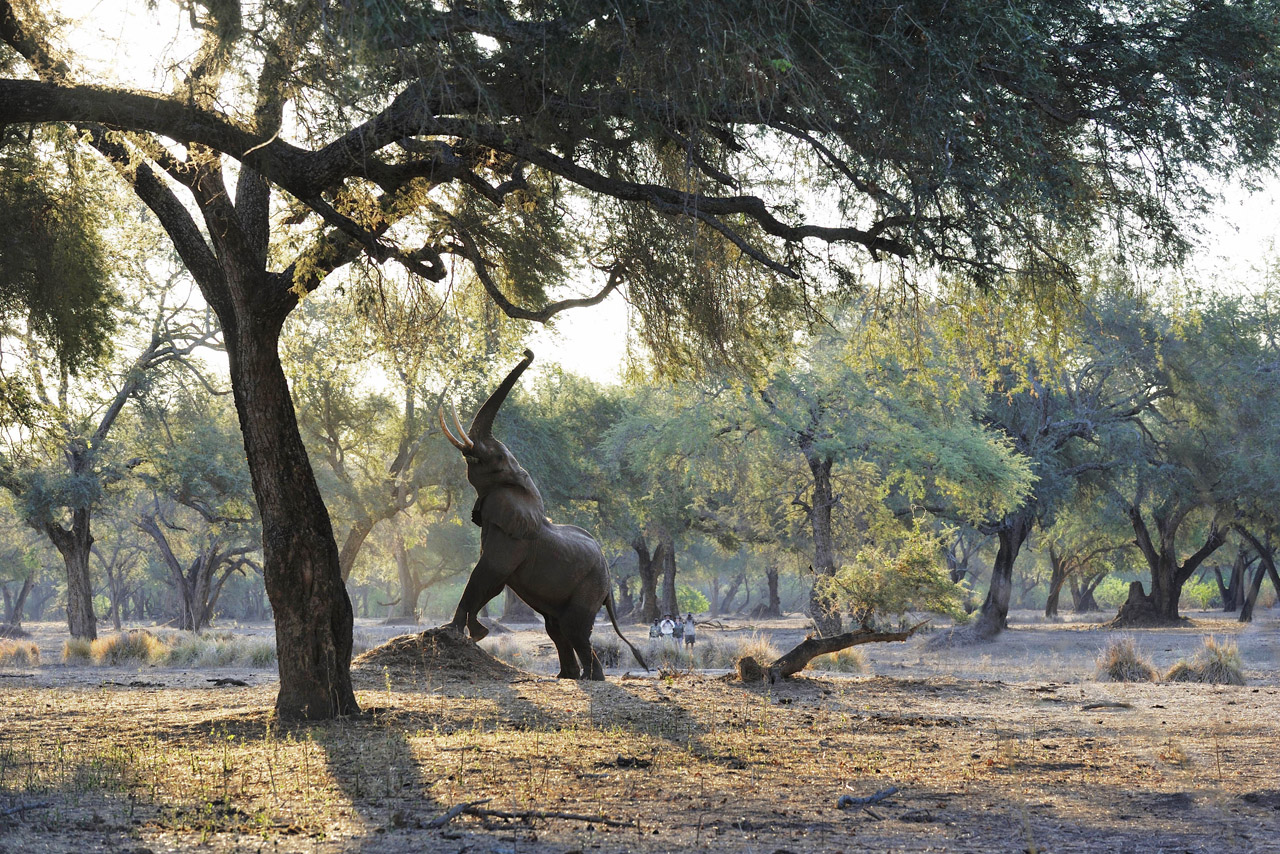

Accommodation
Old Mondoro Camp has withstood the trend for increasingly elegant safari accommodation and is distinguished by its authentic charm and fantastic location. The camp is owned by the same family that owns Chiawa Camp, excellent quality is therefore guaranteed.
Old Mondoro Bush Camp is a traditional bush camp with simple yet very spacious and charming guest tents, which are open on the side facing the river. A western style door leads onto the ground-level veranda, where a small sofa and chairs invite guests to relax and watch the inquisitive elephants that often visit. The tents come with a washbasin and toilet (electricity and warm water are available around the clock); the shower and a unique bathtub are open-air. The tents are open during the day and if requested, the canvas sides are rolled down at night.
Tents 1 faces the Zambezi, tent 2 has views of the Zambezi and the Old Mondoro Lagoon, and tents 3, 4 and 5 face the Old Mondoro Lagoon. In order to protect it from elephants, the main building has been built on a raised platform; meals are usually served here or under the stars. Due to the high number of elephants and buffaloes in camp, guests often need to be driven to their rooms.
Old Mondoro Bush Camp is situated in the eastern part of the Lower Zambezi National Park. The camp is accessed by air from Lusaka (45 mins) to Jeki Airstrip. A 30-minute vehicle transfer takes guests from Jeki Airstrip to the camp, which is located close to the Chakwenga and Zambezi confluence.
The camp is surrounded by enchanting forests and a slightly raised grass plain, which spreads out towards the west before being engulfed by a woodland stretching as far as the distant mountains.
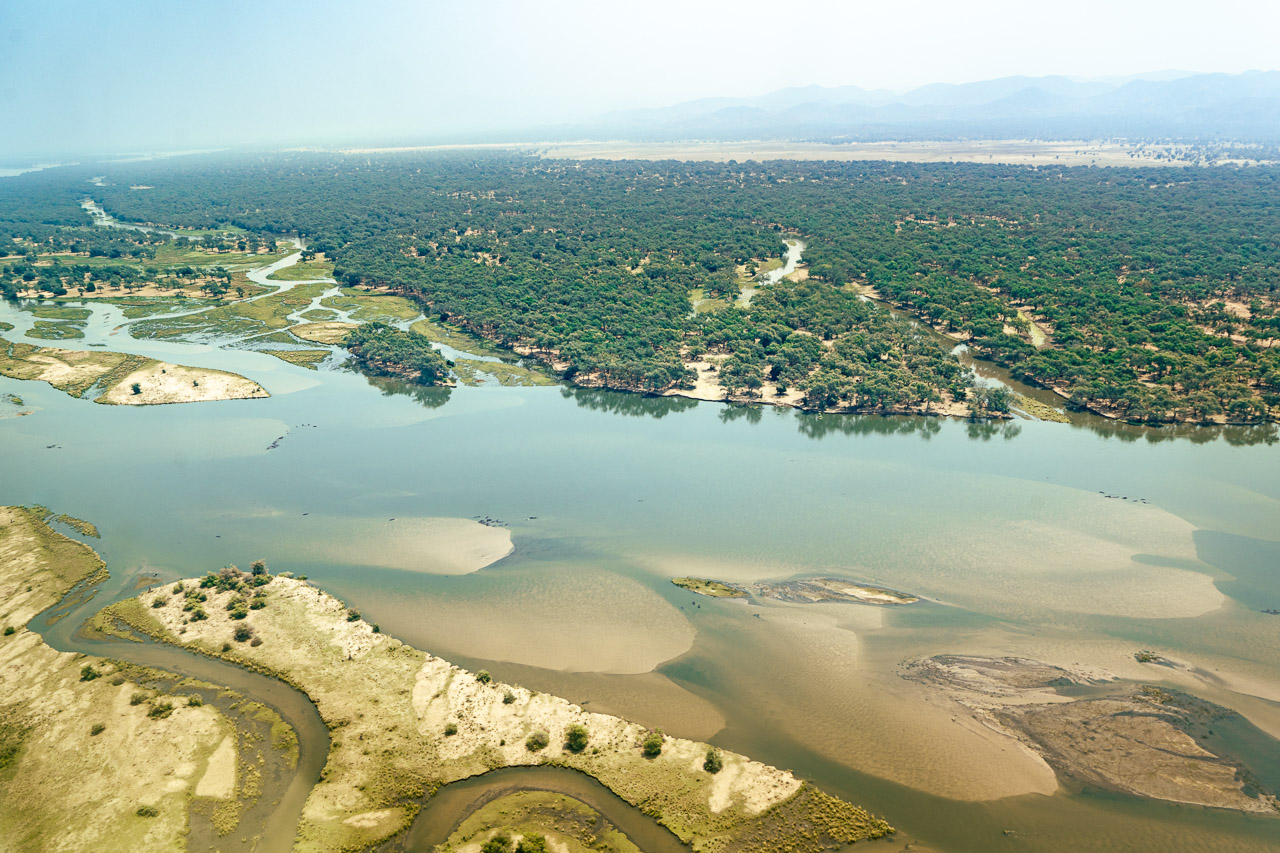
The camps are all located on the riverside, which pulls in large herds of elephant and buffalo. The best camps offer canoeing safaris on the Zambezi’s tributaries or trips on the Zambezi River in flat-bottomed boats. In addition to game drives, walking safaris are also usually on offer – there is something different to do here every day.
An abundance of elephant gathers in the Lower Zambezi region, and the pachyderms are permanent visitors to the camps, so keep your eyes peeled when walking back to your room.
It gets very hot and sultry in October, just before the wet season begins. If you keen on walking and suffer from the heat, please visit earlier in the season.
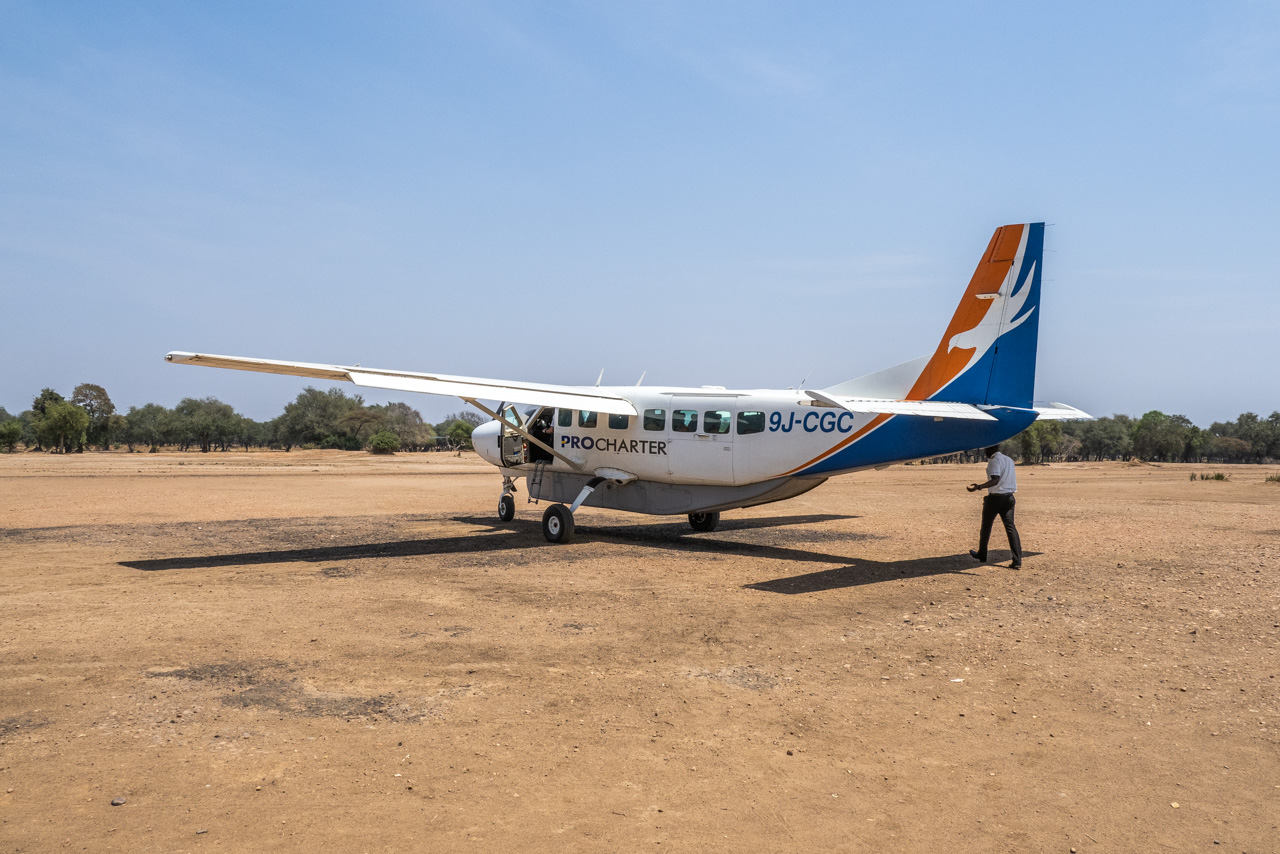
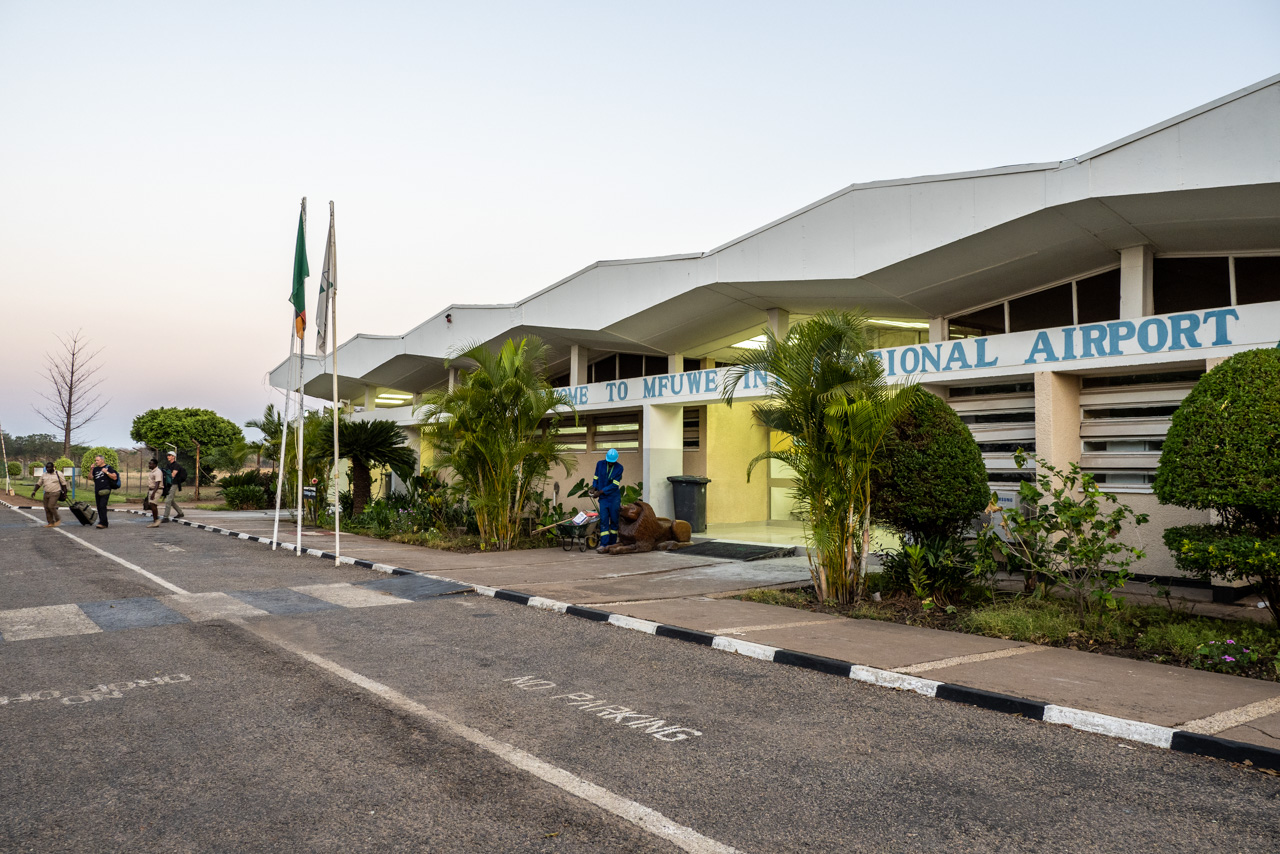
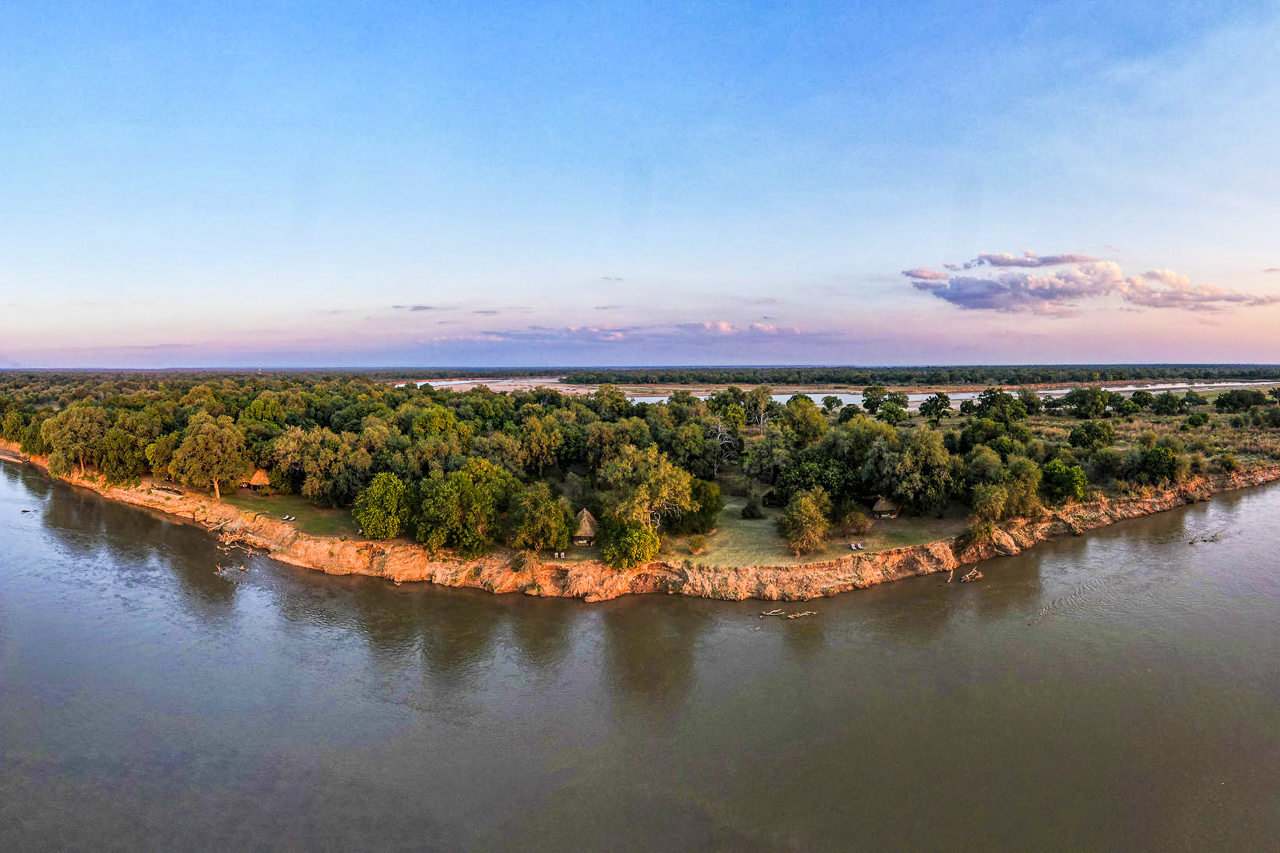
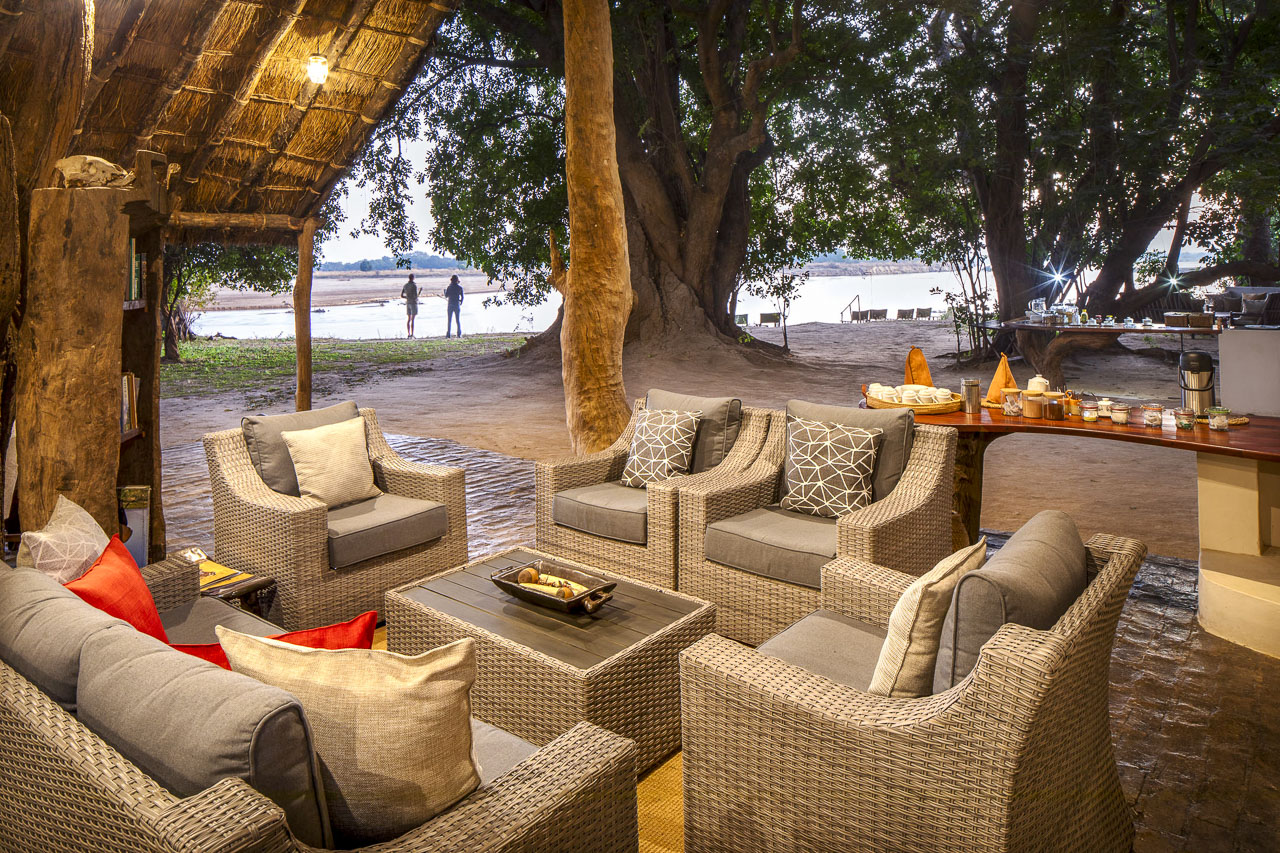
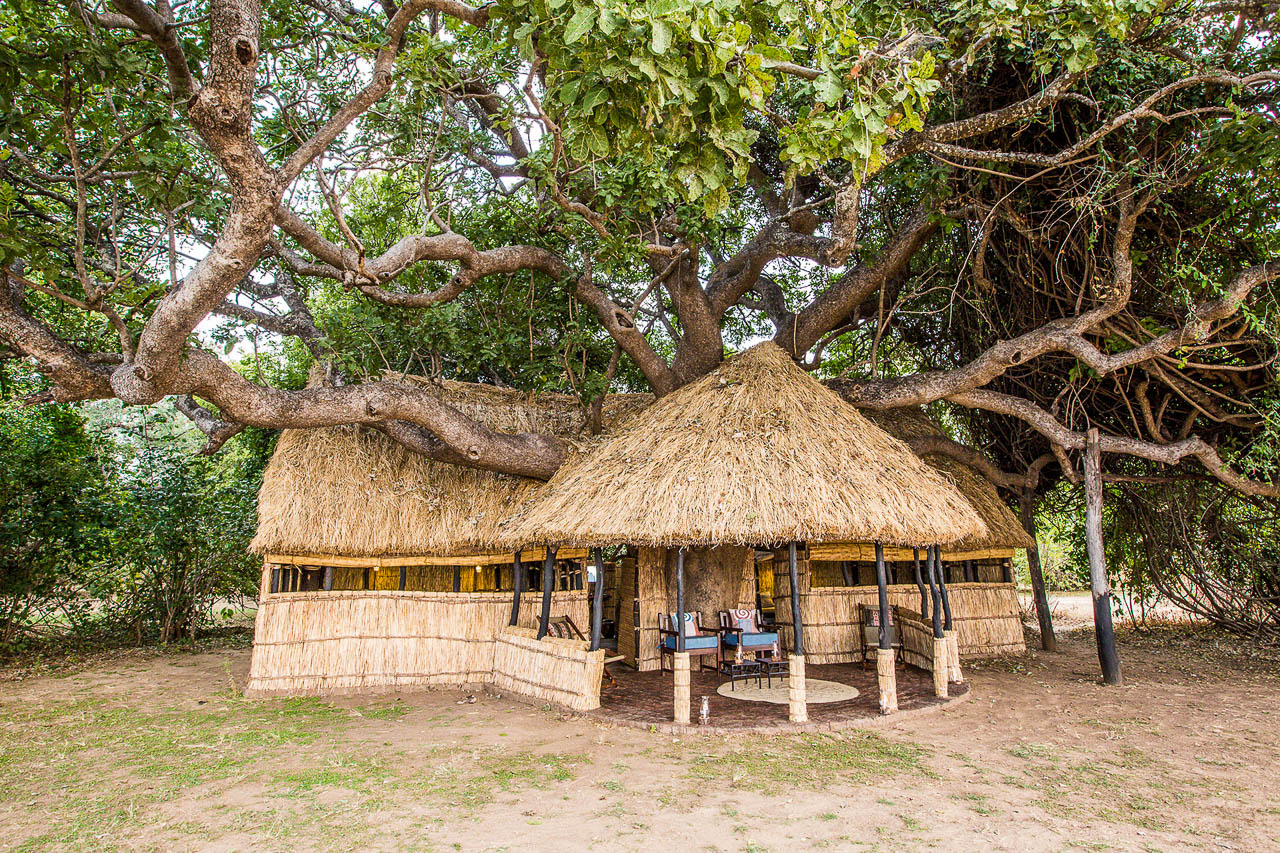
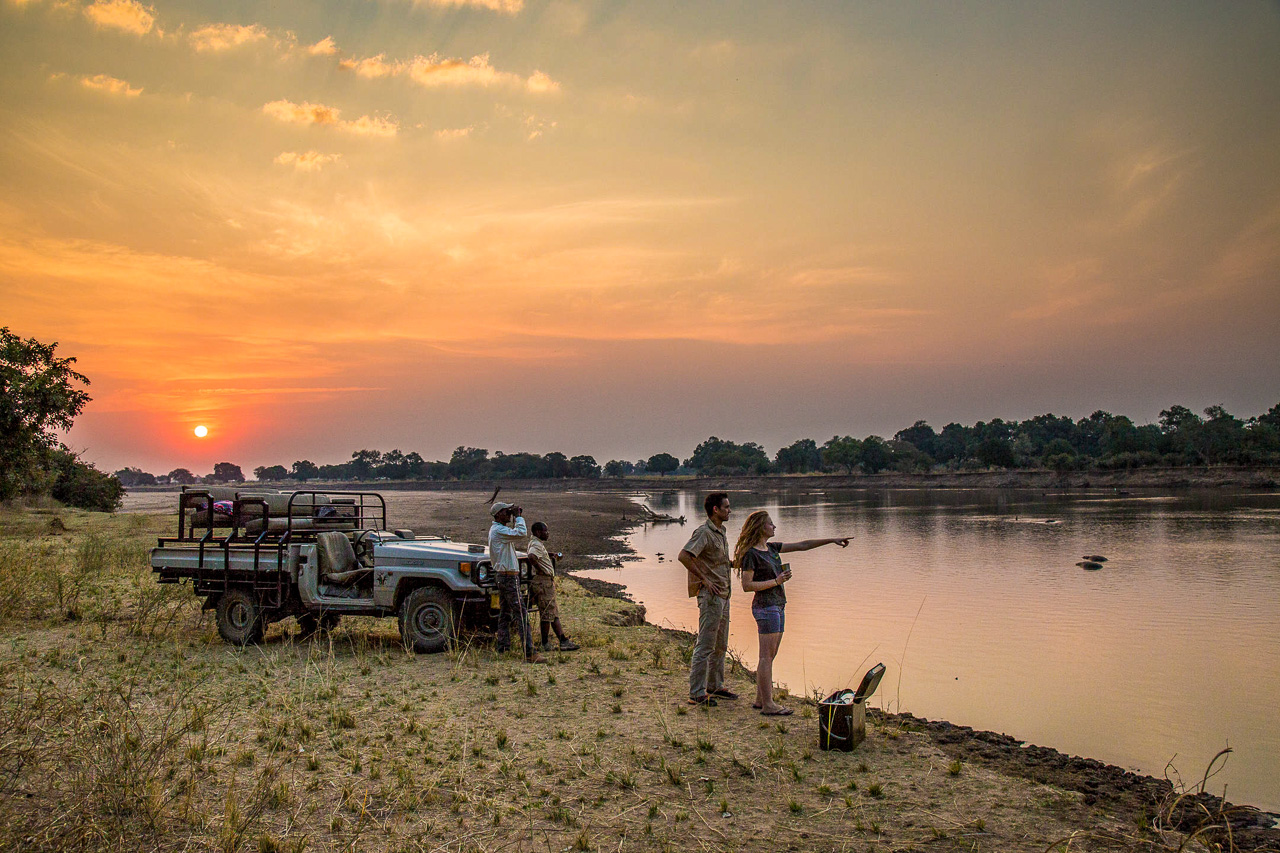
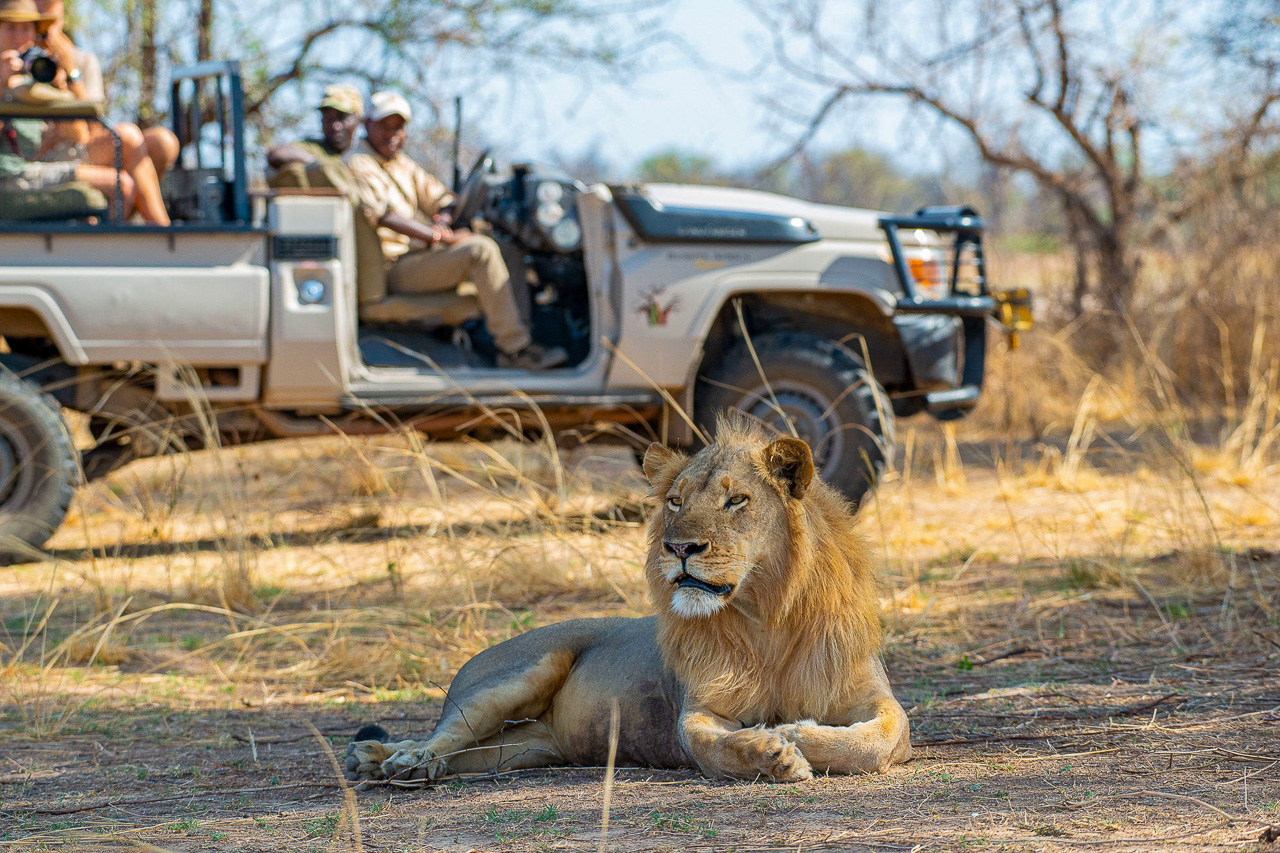
Accommodation
Remote Africa Safaris is one of the last family-run safari operators in South Luangwa. John and Carol Coppinger raised their two children at Tafika Camp and know the park inside out. Their portfolio includes the two Trails Camps, Big Lagoon Camp and Chikoko Tree Camp, and Mwaleshi Camp in North Luangwa National Park.
The owner-run Tafika camp comprises six beautifully appointed traditional reed houses made entirely of natural materials. The rooms are situated on a large meadow on the banks of the Luangwa River and come with en-suite facilities, open-air shower and a small veranda with sofa. Four of the rooms are standard, a further room intended for honeymooners contains a huge double bed; a family room situated on the river's edge at the very front of the camp sleeps four guests (shared bathroom). Several loungers and hammocks scattered around the garden invite guests to lay back and relax.
The main building houses a bar, lounge, computer/charging station and various tables for lunch, which is served at 12:00. Guests dine under the starry sky and both the food and service are excellent. The day begins with a good hearty breakfast, which is usually served at the fire pit down by the river.
The camp can be reached by air from Mfuwe Airstrip to Lukusi Airstrip (15 minutes flight time followed by a 10-minute vehicle transfer), or by vehicle from Mfuwe Airstrip with a transfer time of approximately two hours.
The camp is situated on the banks of the Luangwa River and offers spectacular views of the surrounding area. The water level is very high just after the rainy season and drops again to leave behind large sandbanks.
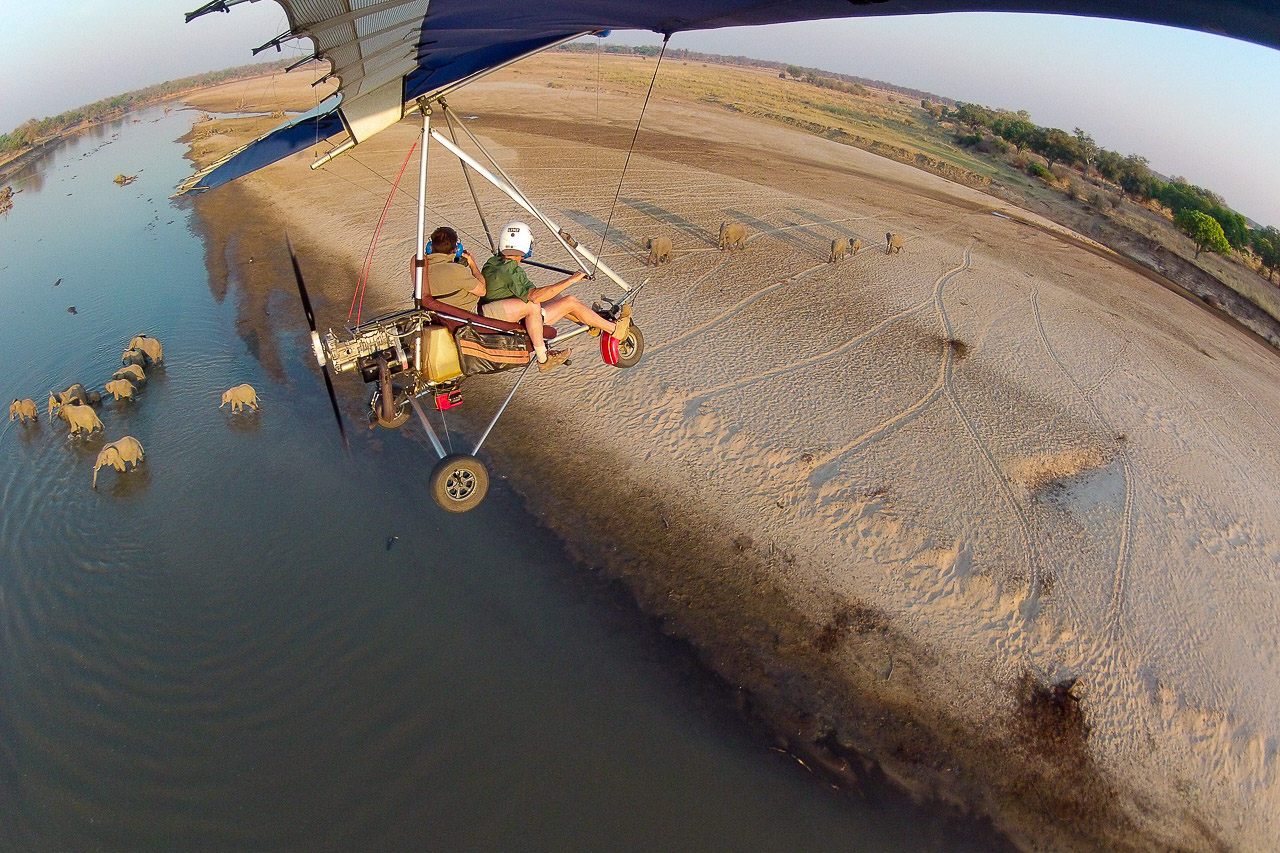
Most camps here are located close to the river, as this is where animals come to quench their thirst during the dry season. The dry season is also when the water level reaches its lowest point, exposing large sandbanks. The residual pools support high concentrations of crocodile and hippo, which tussle for the remaining water. When the wet season arrives in November, the water level rises rapidly, and the Luangwa becomes a raging torrent – it has even been known to take the odd camp with it.
The walking safari is South Luangwa’s speciality, and is available at every camp. At 500 m above sea level, the park is very hot during the summer months. If you’re not a fan of intense heat and don’t like walking safaris, then it’s best to visit earlier.
The Muchinga Escarpment, a natural boundary to the west, prevents the migration of animals. The park is bordered by the river to the east and extends into the Nsefu Sector, which stretches out from the other side of the river.
The park’s entrance gate is located at the town of Mfuwe, which has a small airport (this is where guests are picked up). Many of the less expensive camps are located outside the park, close to the main bridge. In our opinion, the central sector around Mfuwe Lodge suffers a bit from traffic coming in over the bridge. For this reason, we recommend that you avoid the main bridge and visit the southern sector, the northern sector or Nsefu sector to experience quieter safaris.

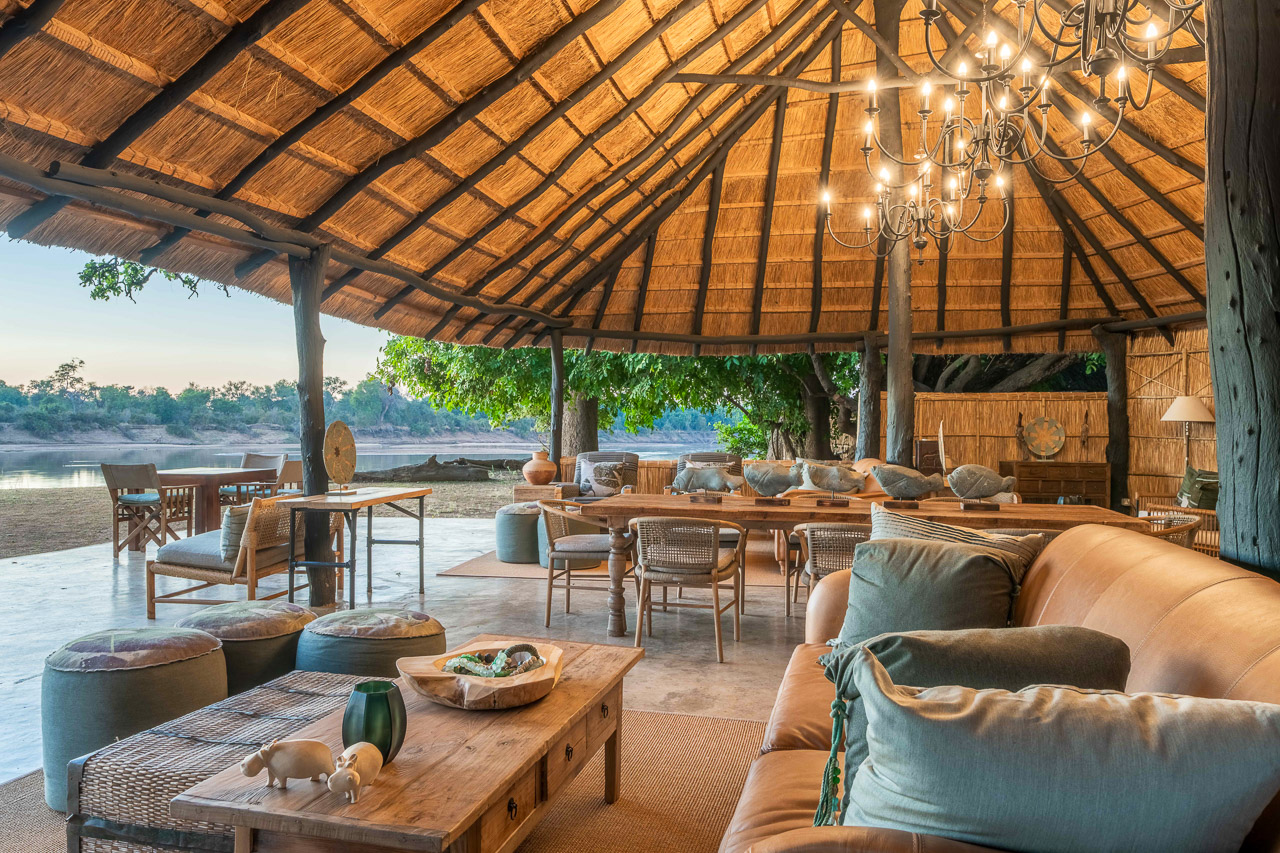
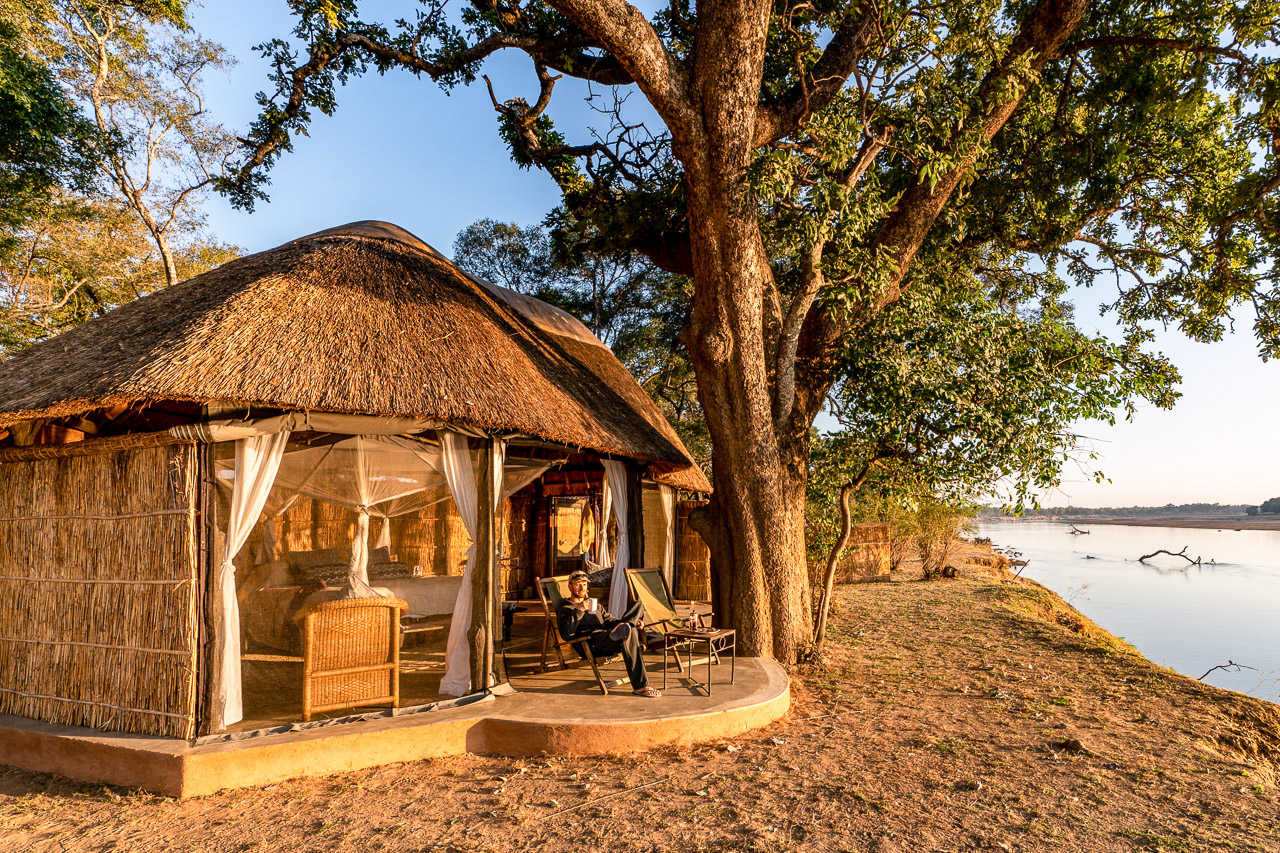

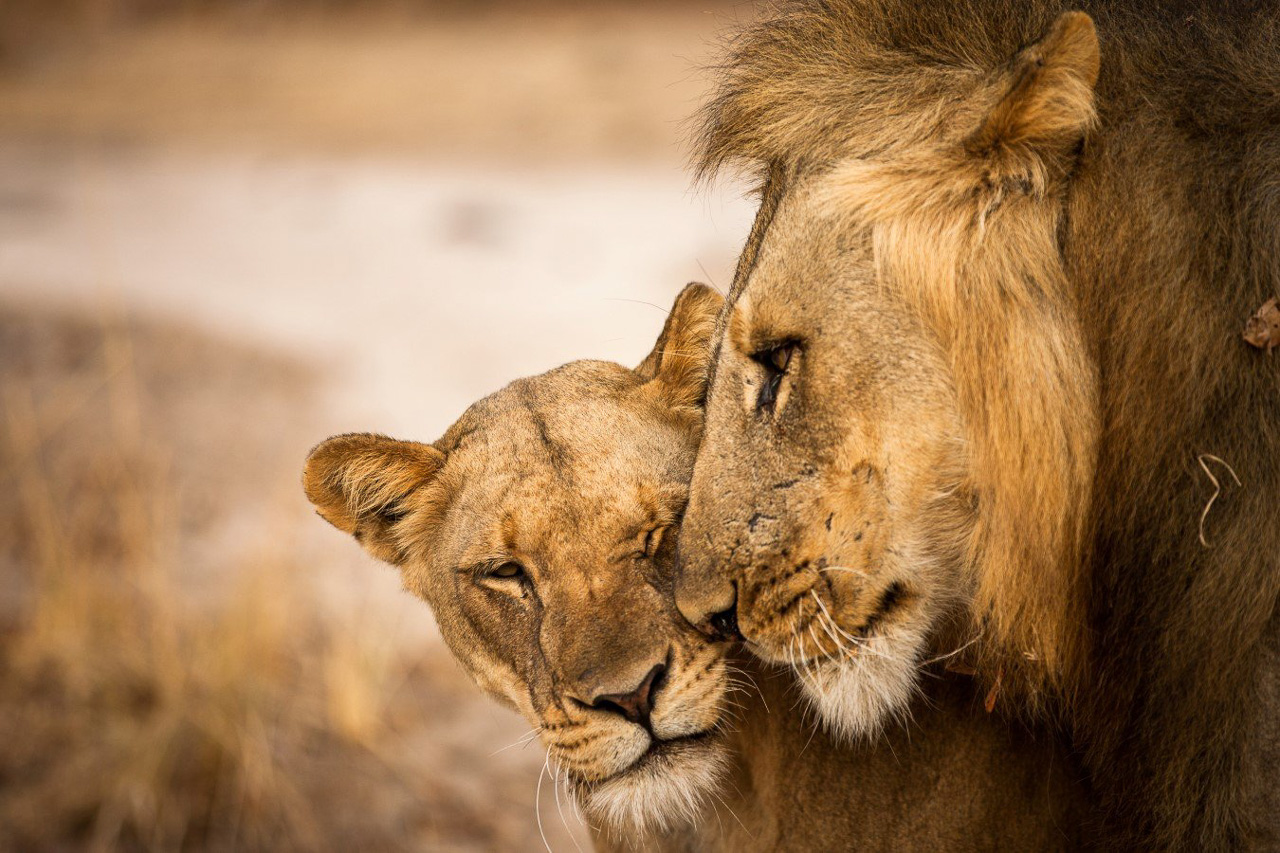
Accommodation
Mchenja Bush Camp is Norman Carr Safaris’ (current time + tide) most luxurious bush camp. „Mchenja" means ebony in the local language, matching the beautiful ebony forest which surrounds the camp.
Five wonderfully spacious, semicircular tents with characteristic thatched roofs and en-suite open-air bathrooms sit slightly elevated upon a rock floor. A canopy provides a sense of security, while the freestanding bathtub adds a touch of luxury – perfect after a multi-day walking safari. A wooden veranda allows guests to sit and watch the baboons at play as impala and bushbuck graze right in front of the tent. One of the rooms is a two bedroom/two bathroom family suite which is the perfect retreat for friends and families traveling together.
The main building comprises a bar, lounge area, dining table and a cosy and beautiful sitting area around the fireplace, where the day begins with breakfast in the morning and ends with a drink in the evening. Meals are often served under the open sky on the riverbank. At the far end of the camp there is a well maintained pool just be ready to share with the thirsty elephants!
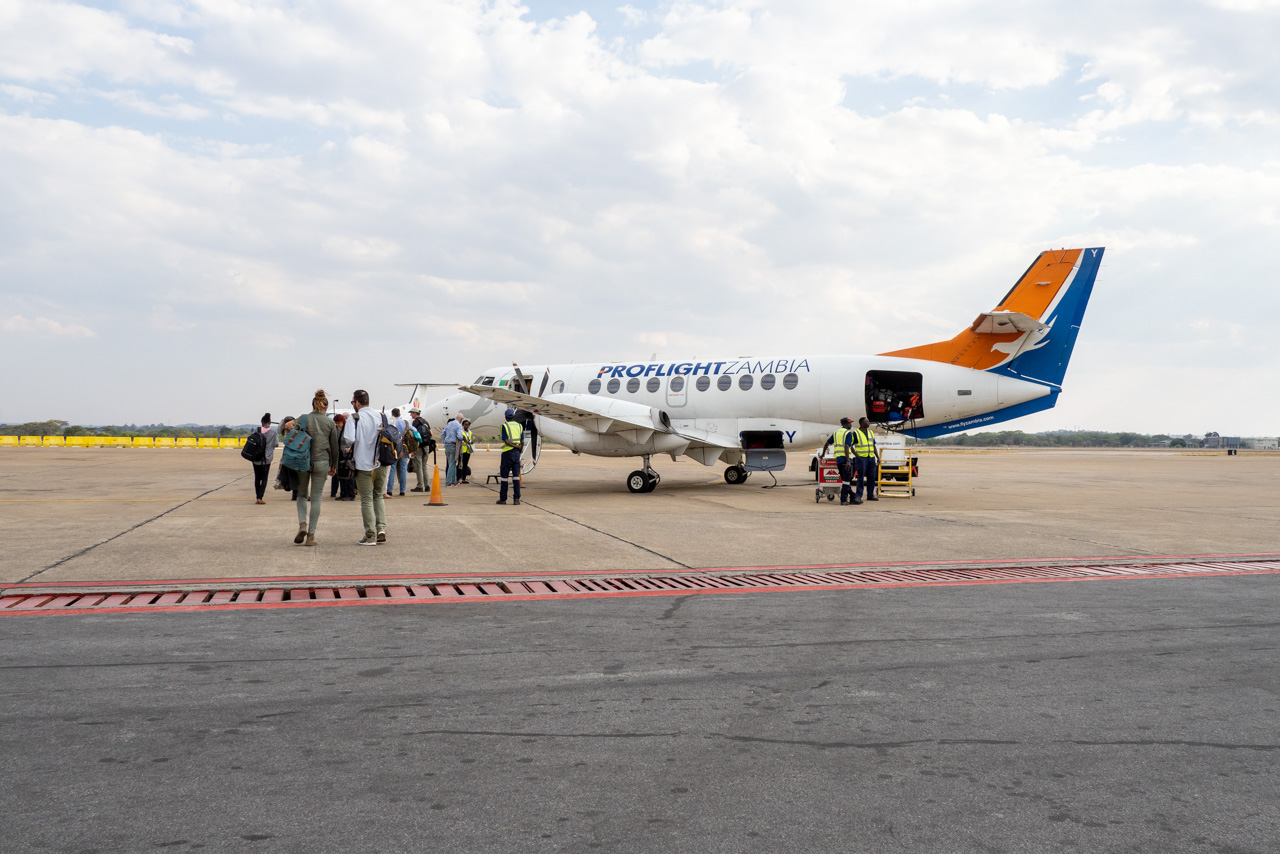
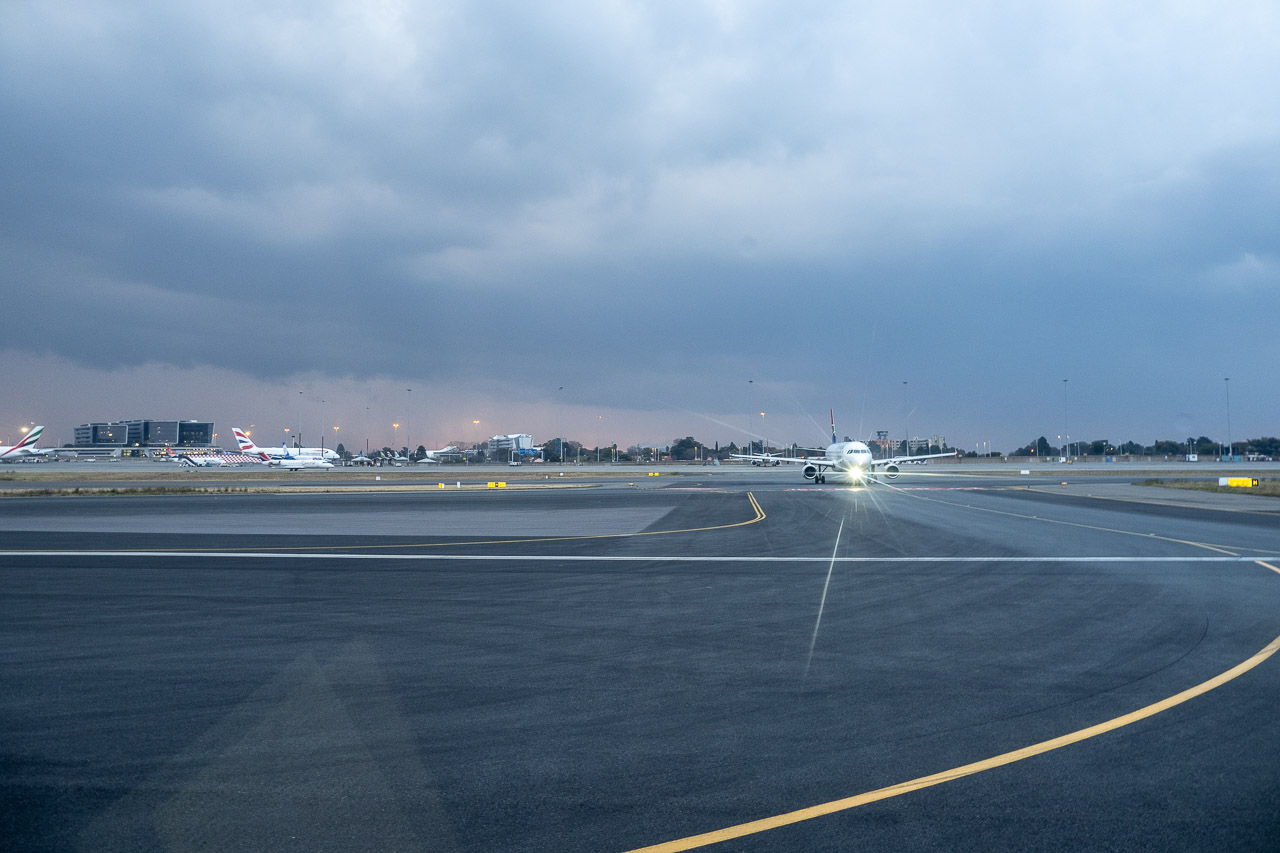
Basic Information
Individual journey. The journey will be planned on your preferred dates.
Duration 11 nights. Min 2 guests. Minimum age 12 years. Weight limit of luggage 23 kg. Luggage in one soft bag only.
Includes all transfers from Lusaka to the hotels/camps to Lusaka
- Old Mondoro Camp: Standard Room. All meals, drinks (except premier brands), laundry service, twice daily shared activities with one of the camp guides.
- Tafika Camp: Standard Room. All meals, drinks (except premier brands), laundry service, twice daily shared activities with one of the camp guides.
- Mchenja Bush Camp: Standard Room. All meals, drinks (except premier brands), laundry service, twice daily shared activities with one of the camp guides.
Learn more about these areas









